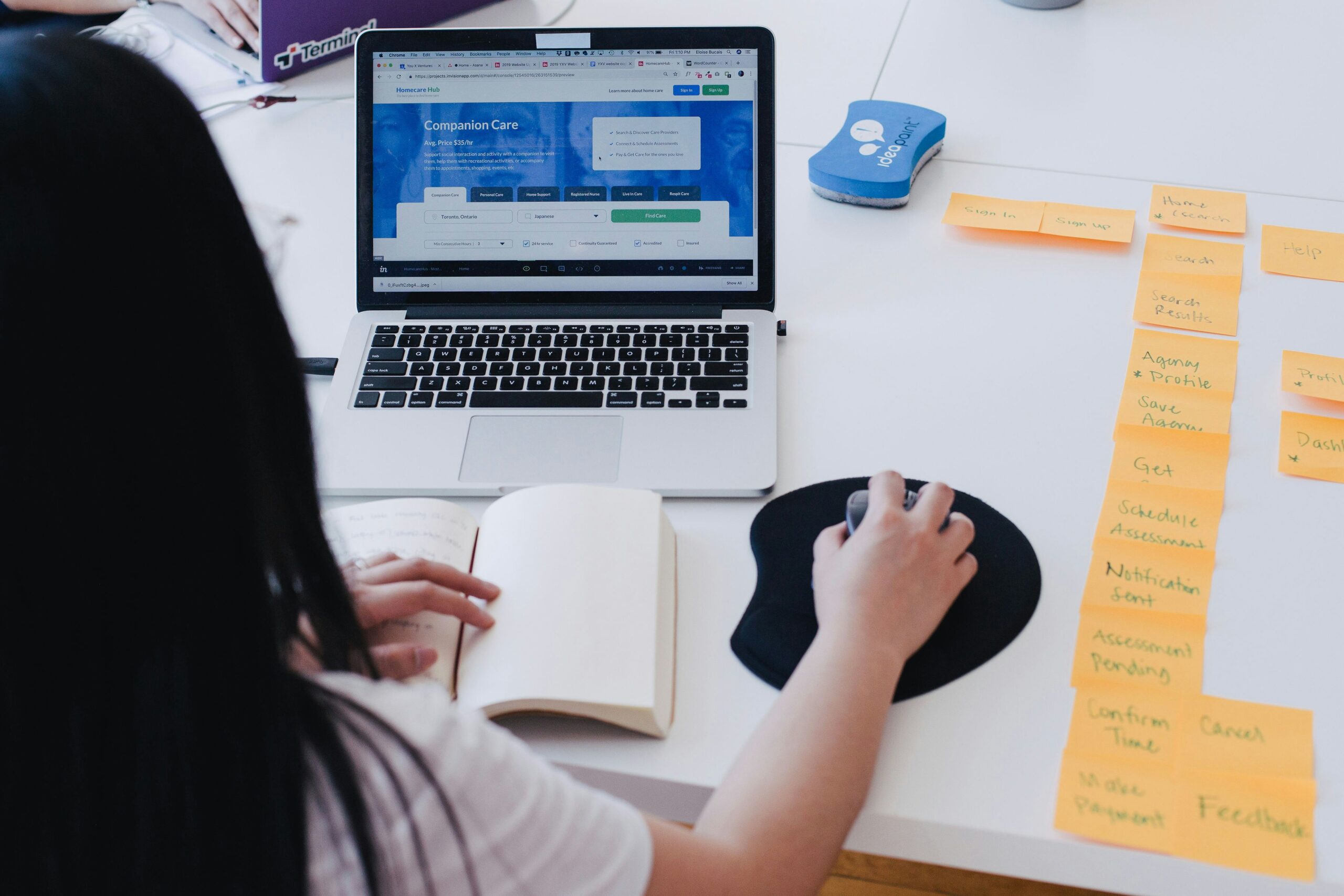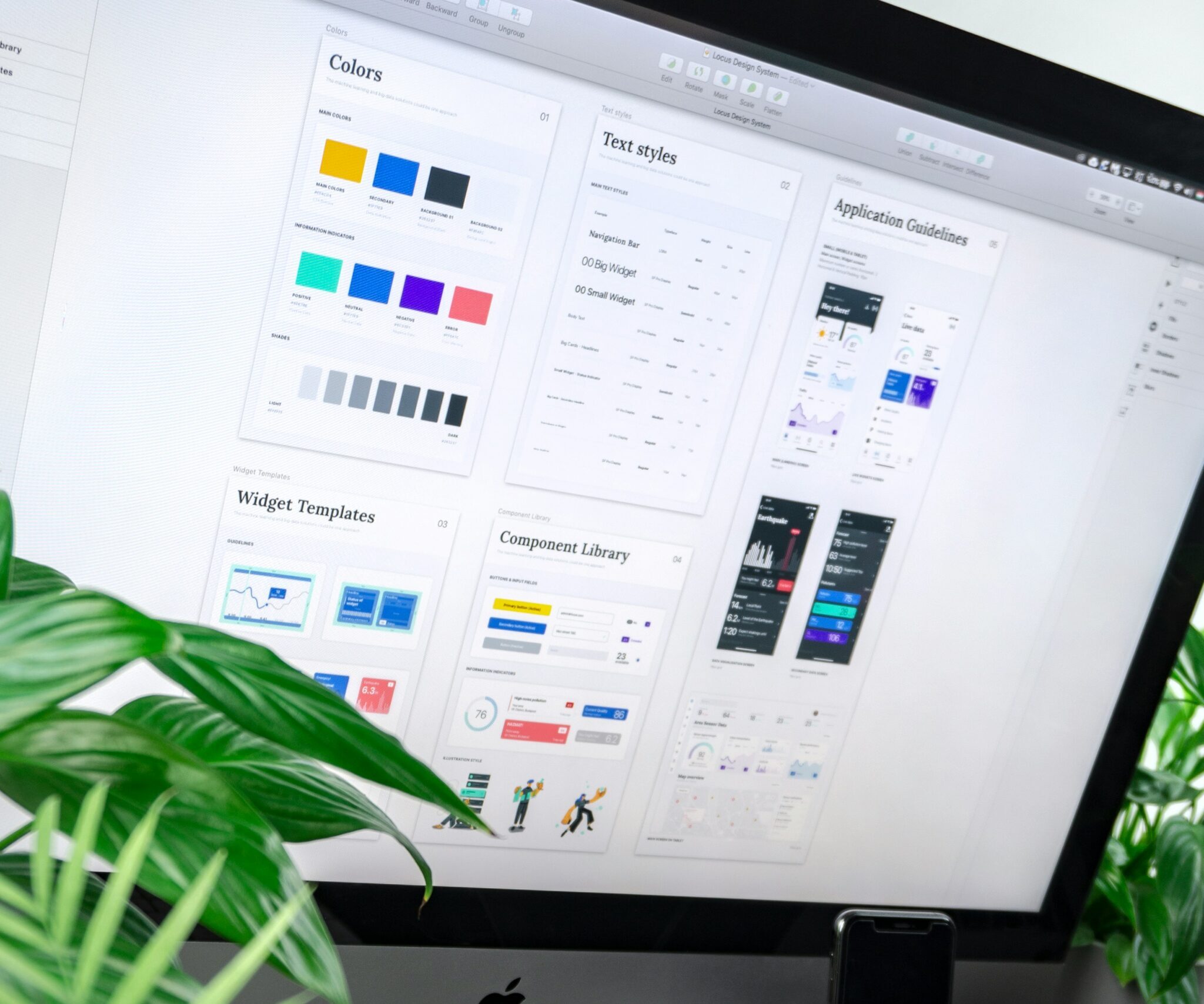Web design is constantly evolving, and staying ahead of the curve is essential for creating websites that captivate and convert. As we step into 2025, new trends are emerging that redefine user experience, aesthetics, and functionality. Whether you’re a business owner, web designer, or digital marketer, understanding these trends can help you create a site that stands out. Let’s dive into the most influential web design trends for 2025.
1. Minimalist and Clean Design
Simplicity continues to dominate the digital space. In 2025, minimalist design remains a top trend, focusing on clean layouts, ample white space, and intuitive navigation. This approach not only enhances user experience but also boosts website loading speed and SEO performance.
Tips for Minimalist Design:
Use a limited color palette
Opt for simple, readable fonts
Prioritize essential content and eliminate clutter
Ensure fast loading times by optimizing images and code
Learn more about minimalist design principles here: Smashing Magazine
2. Dark Mode and Low-Light UX
Dark mode has been popular for a while, and it’s here to stay. It offers a sleek, modern aesthetic while reducing eye strain, especially in low-light environments. Many users prefer this option, so offering a dark mode toggle can improve user satisfaction.
How to Implement Dark Mode:
Ensure text remains readable with proper contrast
Use accent colors that pop against dark backgrounds
Test for consistency across devices and screen sizes
For more insights on dark mode design, visit CSS-Tricks
3. Advanced Micro-Interactions
Micro-interactions are subtle animations that respond to user actions, like button clicks or hover effects. In 2025, these interactions will become more sophisticated, providing instant feedback and making the browsing experience more engaging.
Examples of Micro-Interactions:
Animated buttons and icons
Progress indicators
Hover effects on images and links
Check out micro-interaction examples on Awwwards
4. AI-Powered Personalization
Artificial intelligence continues to shape web design, offering personalized user experiences based on behavior, preferences, and location. Websites can adapt content, product recommendations, and design elements in real time.
Benefits of AI-Powered Personalization:
Increased user engagement and retention
Higher conversion rates
More relevant content delivery
Discover more about AI in web design at HubSpot
5. Immersive 3D Elements
3D design elements add depth and interactivity to websites, creating a more engaging visual experience. With advancements in web technology, 3D graphics are now more accessible and optimized for fast loading.
How to Use 3D Elements Effectively:
Balance 3D visuals with performance considerations
Use interactive 3D product displays
Create dynamic backgrounds or illustrations
For inspiration on 3D web design, visit Three.js
6. Voice User Interface (VUI)
As voice search becomes more popular, integrating Voice User Interfaces into web design can enhance accessibility and convenience. Users can navigate and interact with your site using voice commands.
Implementing VUI:
Ensure voice commands are intuitive and responsive
Offer both voice and traditional navigation options
Optimize your site for voice search SEO
Learn how to optimize for voice search on Moz
7. Accessibility and Inclusivity
Designing for accessibility ensures your website is usable by everyone, including people with disabilities. In 2025, inclusive design isn’t just a trend—it’s a necessity.
Accessibility Best Practices:
Use alt text for images
Ensure sufficient color contrast
Provide keyboard-friendly navigation
Add captions and transcripts for multimedia content
Explore accessibility guidelines on WebAIM
8. Neumorphism and Soft UI
Neumorphism blends realism and minimalism, using soft shadows and highlights to create a 3D-like effect. This design style offers a modern, tactile feel while maintaining simplicity.
Neumorphism Design Tips:
Use subtle shadows and gradients
Maintain contrast for readability
Apply to buttons, cards, and input fields
See neumorphism examples on Dribbble
Conclusion
Staying up to date with modern web design trends in 2025 will help you create websites that are visually appealing, highly functional, and user-centric. By embracing minimalist design, advanced micro-interactions, AI-powered personalization, and accessibility, you’ll be ahead of the curve. Ready to upgrade your website? Start implementing these trends today and watch your online presence thrive.




